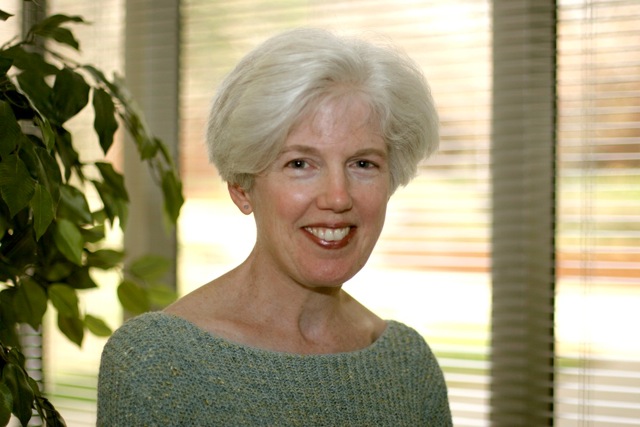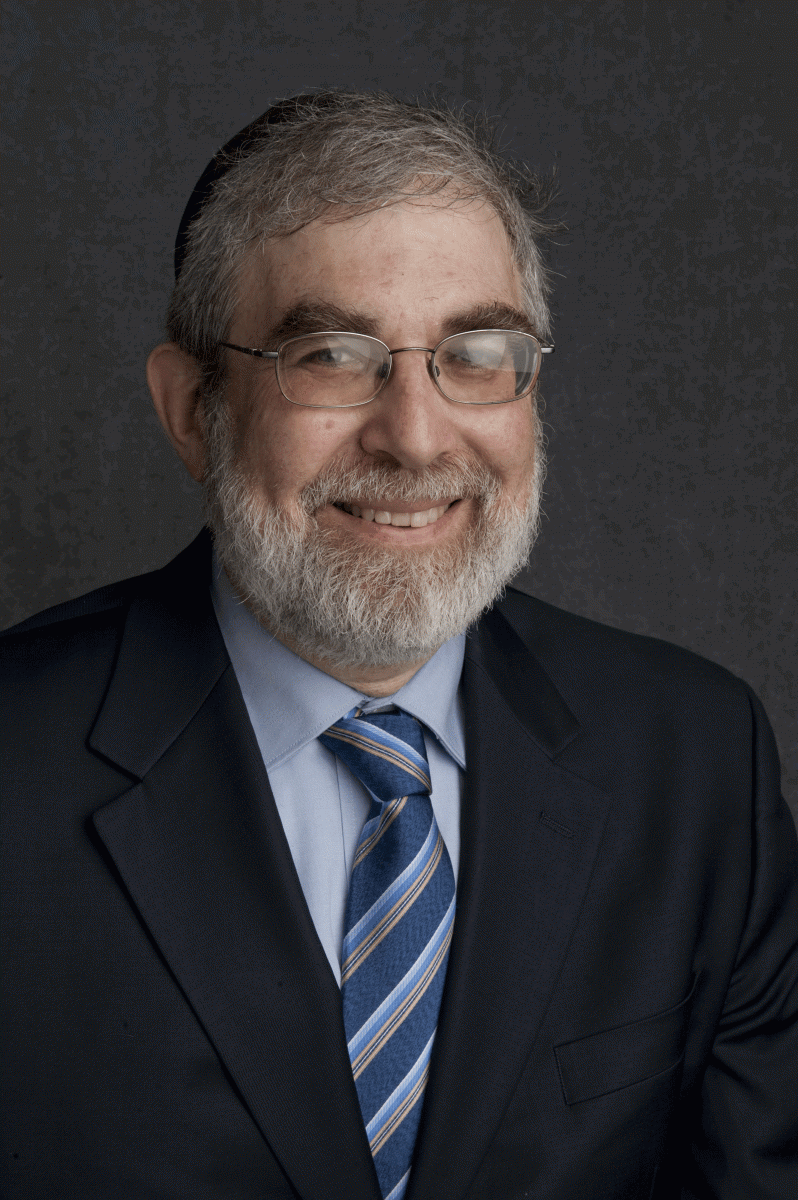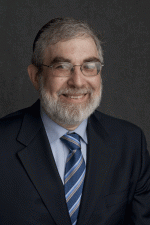Carey Balaban, Laurie Kirsch Named Pitt’s Vice Provost for Faculty Affairs and Vice Provost for Faculty Development, Respectively
High resolution image(s) available >
PITTSBURGH—Carey D. Balaban, professor of otolaryngology in the University of Pittsburgh’s School of Medicine and director of the Centers for National Preparedness and for Biology of Vibration and Shock Injury, and Laurie Kirsch, professor of business administration and senior associate dean for professional programs in the Joseph M. Katz Graduate School of Business, will become the University’s new vice provost for faculty affairs and vice provost for faculty development, respectively, Pitt Provost Patricia E. Beeson has announced. 
These two part-time positions—effective Sept. 1, 2012, and Sept. 1, 2013, respectively—will replace the full-time position held by Andrew Blair, who has served Pitt for 41 years, the last 13 as vice provost for faculty affairs. The new division of responsibilities not only maps well to the talents, interests, and experiences of both Balaban and Kirsch, it will also strengthen the connection of the Office of the Provost to the faculty and will provide wider representation of the University in the Office of the Provost. Blair, professor of business administration and economics, announced in May his decision to return full-time to the University faculty.
“I am delighted that Drs. Balaban and Kirsch have agreed to serve as Vice Provost for Faculty Affairs and Vice Provost for Faculty Development, respectively. I have great confidence in their academic, organizational, and research leadership,” said Beeson. “They share my commitment to excellence, which includes providing an environment where faculty can successfully fulfill their research aspirations and pursue teaching excellence.”
Throughout his career at Pitt, Balaban, said Beeson, “has taken an active role in contributing to the development of the University’s faculty, preserving their rights and responsibilities, and promoting the development of processes that foster excellence in our faculty.” As chair of the University Senate’s Standing Committee on Tenure and Academic Freedom—a committee he’s served on since 1993—Balaban has helped individual faculty from across the University understand Pitt polices, has been an advocate for a strong faculty, and has ensured a careful and thoughtful review of faculty appeals, Beeson commented. In 2009, Balaban was a recipient of the Award for Service in the University Senate. He also serves or has served on the University’s Entrepreneurial Oversight and Conflict of Interest committees, the Provost’s Ad Hoc Committee on Academic Freedom, and the School of Medicine’s Standing Committee for Tenured Faculty Promotions and Appointments. Balaban’s participation in these committees, said Beeson, has deepened his understanding of the faculty in ways that will serve him well in his new position. 
Balaban, who also holds secondary appointments in neurobiology, communication sciences and disorders, and bioengineering, earned his Bachelor of Arts degree in history at Michigan State University (1975) and his PhD in anatomy (1979) from the University of Chicago. He joined the Pitt faculty in 1988 after completing postdoctoral training at the University of Tokyo and serving as an assistant professor of medicine at the Pennsylvania State University. In 1993, he was promoted to associate professor at Pitt and, in 2000, he assumed the rank of full professor. Of his wide-ranging appointments, Beeson said, “it reflects an interdisciplinary background that connects him with faculty from across the University.”
During his 24 years at Pitt, Balaban has built a successful research program with funding from a variety of sources, including the National Institutes of Health, NASA, the Office of Naval Research, and several other agencies and corporations. He has extensive experience in conducting multidisciplinary research in the biomedical sciences, engineering, and social sciences and has participated in the emerging fields of augmented cognition and neuroergonomics. His overriding interest has been the formulation of mathematical models, heuristic models, and teleological approaches to interpreting data from basic science experiments in terms of behavioral and clinical phenomena. Using this approach, he has examined the interplay between neurological and psychological features of comorbid aspects of balance disorders, migraine, and anxiety disorders. His recent work involves extending the implications of these models to analogous features of mild traumatic brain injury, acoustic trauma, and post-traumatic stress disorder. In addition to more than 150 peer-reviewed basic research and scholarly articles and two patents, Balaban is an author of two books on seventeenth century medicine.
As senior associate dean, Kirsch, said Beeson, “has played a lead role in reorganizing the administrative functions of the school to advance the professional programs and greatly enhance the services provided to students and faculty.” Kirsch is responsible for the provision of student services and assists the dean in a wide range of faculty matters, including hiring, promotion and tenure processes. She has held a wide range of leadership positions in the Academy of Management, including serving on executive councils and as the Professional Development Workshop Chair, Program Chair, and Division Chair in the Academy’s Organizational Communication and Information System Division.
“A talented and committed researcher, teacher, and administrator, Kirsch has established herself as a leading scholar in the area of information systems in her nearly 20-year career at Pitt,” said Beeson.
Kirsch has been recognized within the Katz School with both the Teaching and Research Excellence Awards. She has been recognized as a Magid Igbaria Distinguished Scholar and appointed a Visiting Erskine Fellow at the University of Canterbury, Christchurch, New Zealand. Her research focuses on the use and development of information systems with a particular focus on control strategies and the systems development process, the transfer of knowledge in the information systems context, and the examination of how stakeholders can better manage information systems initiatives and improve software processes. Her most recent work, funded by the National Science Foundation, investigates the governance, structure, and management of large cyber-infrastructure research collaborative projects.
During her distinguished career, Kirsch has provided national leadership to her discipline, serving as senior editor or associate editor for top professional journals in her field, including past service as senior editor of Information Systems Research and as associate editor for MIS Quarterly and Management Science. She currently serves on the editorial boards of several other leading journals, including Decision Sciences, Information and Organization, and the Journal of Strategic Information Systems. Among the several leadership positions she has assumed for the International Conference on Information Systems (ICIS), the premier research conference in her field, are program cochair and Executive Council member. She is currently cochair of the ICIS Senior Scholars Consortium.
###
8/21/12/mab/jer/jdh
Media Resources
Schools of the Health Sciences Media Relations
For more information about Pitt's schools of dental medicine, health and rehabilitation sciences, medicine, nursing, pharmacy, and public health, click here >
To locate stories from health science schools prior to 2013, visit the UPMC news archives »
Urgent Question?
University of Pittsburgh news reps are available to answer urgent media inquiries. Outside of regular business hours (Mon-Fri, 8:30 a.m.-5 p.m.), please email us at media@pitt.edu.
News reps for University of Pittsburgh Health Sciences schools can be reached outside of regular business hours through the paging operator at 1+412-647-2345.




